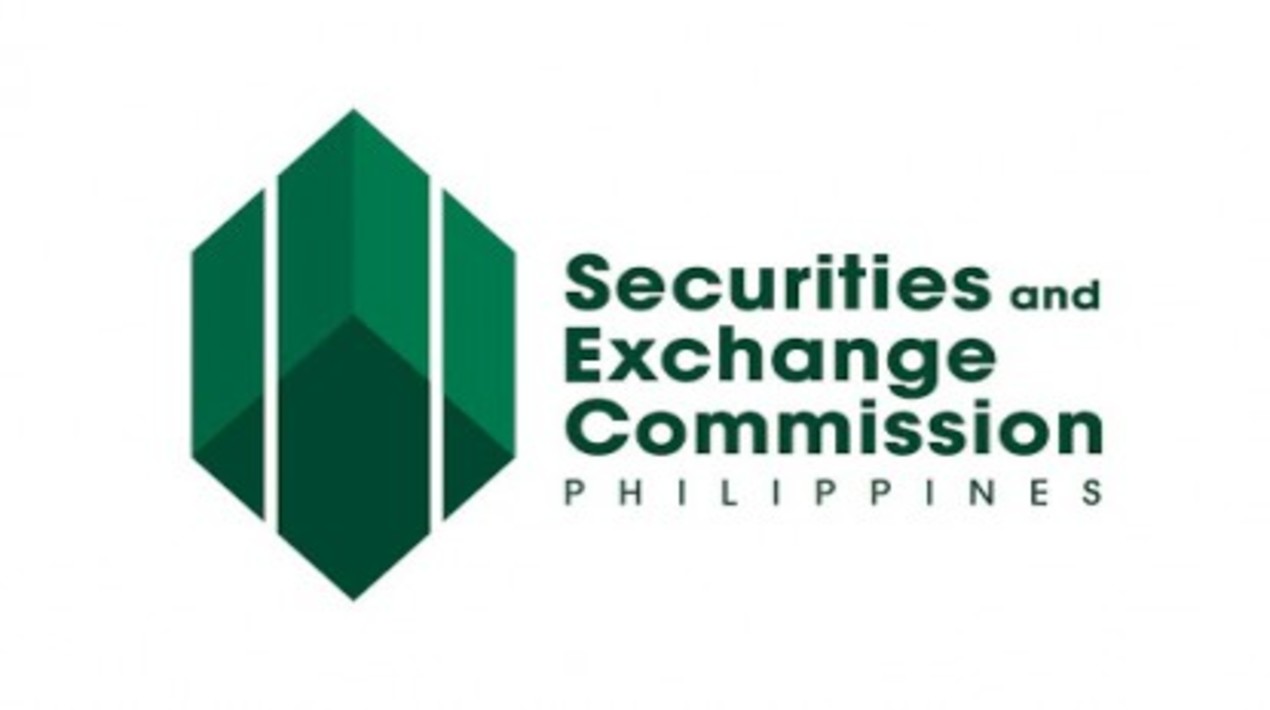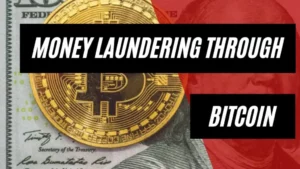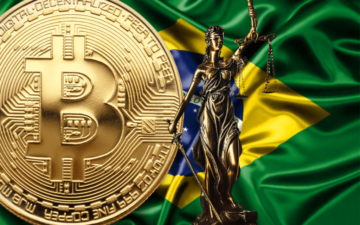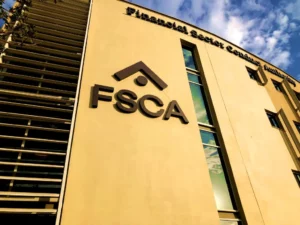
- The head of the Philippines SEC, Kelvin Lee, clarified that the ban on Binance would take effect three months after the advisory was issued.
- OctaFX and MiTrade received advisories for unregistered operations and will face bans after three months.
- Kelvin Lee defended the Binance ban, noting that the perceived cost difference between banned and registered exchanges arises from the latter’s compliance with regulations.
The head of the Philippines Securities and Exchange Commission (SEC), Kelvin Lee, has clarified the timeline for the ban on Binance, signaling that the prohibition would take effect three months after the advisory was issued. The advisory, published on November 28, cited Binance for operating without a license, leading to considerable confusion in online discussions.
Acknowledging the widespread confusion, Kelvin Lee sought clarity, emphasizing that the ban’s intended commencement was three months from the issuance date, which occurred on November 29. While there is potential for an extension depending on feedback, the default timeline to be observed is three months.
Initially, the recommendation had proposed a shorter one-month ban with even the consideration of a “one-week transition period.” However, because of the upcoming Christmas holiday, Lee opted for a more extended timeframe, expressing a desire not to create unnecessary challenges for Filipino investors during the festive season.
RELATED: Global Regulatory Quagmire: Philippines SEC Takes Aim at Binance’s Operations
Aside from Binance, Lee disclosed that two other exchanges, OctaFX and MiTrade, which recently received advisories for engaging in unregistered operations, would also face bans after three months. The local SEC indicated that it maintains a substantial list of unregistered exchanges; additional details are expected to emerge gradually. The regulatory body is adopting a “wait-and-see” approach to assess whether these exchanges will pursue registration following the actions taken against Binance.
The report underscored that Kelvin Lee faced criticism concerning the Binance ban, with some arguing that the banned exchanges are perceived as “cheaper” alternatives compared to registered ones. In response, Lee defended the decision, highlighting that these exchanges are less expensive because they circumvented the registration process and compliance requirements. He emphasized that registered entities incur compliance costs and urged local investors to prioritize working with registered entities for their investments.
Lee emphasized the importance of registration and consumer protection, noting that 17 registered virtual asset service providers (VASPs) in the country offer fiat-to-crypto services. The emphasis on engaging with registered entities aligns with the regulatory objective of safeguarding investors and ensuring adherence to established compliance standards.
As the regulatory landscape for cryptocurrencies continues to evolve globally, the approach taken by the Philippine SEC reflects an ongoing effort to strike a balance between fostering innovation and protecting investors. The clarification on the Binance ban’s timeline aims to provide stakeholders with a clear understanding of regulatory expectations, highlighting the significance of compliance in the rapidly growing cryptocurrency sector.
In navigating the complexities of cryptocurrency regulation, authorities globally are grappling with the need to establish frameworks that encourage innovation while mitigating risks associated with unregulated activities. The Philippines’ regulatory stance, as articulated by Kelvin Lee, underscores the commitment to maintaining a fair and secure environment for investors.
RELATED: Cristiano Ronaldo at the Center of Class-Action Lawsuit Tied to Binance
The decision to extend the ban’s timeline to three months, with potential flexibility based on feedback, demonstrates a nuanced approach to regulatory enforcement. It considers the need for a reasonable transition period and acknowledges the potential impact on investors during specific periods, such as the holiday season.
The mention of two additional exchanges, OctaFX and MiTrade, facing similar bans after three months further emphasizes the SEC’s commitment to addressing unregistered operations across the cryptocurrency landscape. The “wait-and-see” approach suggests a willingness to evaluate the response of other exchanges to regulatory actions, potentially influencing their registration decisions.
The criticism faced by Kelvin Lee regarding the perceived cost difference between banned and registered exchanges highlights an ongoing debate within the cryptocurrency community. It underscores the trade-off between compliance costs borne by registered entities and the potential attractiveness of unregistered platforms to users seeking cost efficiencies.
In conclusion, the clarification provided by Kelvin Lee regarding the Binance ban and the subsequent details on OctaFX and MiTrade reinforces the Philippine SEC’s commitment to regulatory oversight in the cryptocurrency sector. The emphasis on registration, consumer protection, and compliance aligns with broader global trends in addressing the challenges and opportunities presented by the evolving landscape of digital assets. As the regulatory framework continues to evolve, stakeholders will closely watch how these measures shape the cryptocurrency ecosystem in the Philippines.
- SEO Powered Content & PR Distribution. Get Amplified Today.
- PlatoData.Network Vertical Generative Ai. Empower Yourself. Access Here.
- PlatoAiStream. Web3 Intelligence. Knowledge Amplified. Access Here.
- PlatoESG. Carbon, CleanTech, Energy, Environment, Solar, Waste Management. Access Here.
- PlatoHealth. Biotech and Clinical Trials Intelligence. Access Here.
- Source: https://web3africa.news/2023/12/19/news/philippines-sec-binance-ban/
- :has
- :is
- :not
- 17
- 28
- 29
- a
- across
- actions
- activities
- Additional
- addressing
- adherence
- Adopting
- advisory
- After
- against
- aim
- aims
- Aligns
- also
- alternatives
- an
- and
- approach
- ARE
- AS
- assess
- asset
- Assets
- associated
- At
- Authorities
- Balance
- Ban
- banned
- Bans
- based
- BE
- because
- between
- binance
- body
- broader
- by
- Center
- challenges
- Christmas
- cited
- clarified
- clarity
- clear
- closely
- commission
- commitment
- community
- compared
- complexities
- compliance
- concerning
- conclusion
- confusion
- considerable
- consideration
- considers
- consumer
- Consumer Protection
- continues
- Cost
- Costs
- countdown
- country
- create
- criticism
- cryptocurrencies
- cryptocurrency
- cryptocurrency ecosystem
- cryptocurrency regulation
- Date
- debate
- decision
- decisions
- Default
- demonstrates
- Depending
- desire
- details
- difference
- digital
- Digital Assets
- discussions
- during
- ecosystem
- effect
- efficiencies
- effort
- emerge
- emphasis
- emphasized
- emphasizes
- emphasizing
- encourage
- enforcement
- engaging
- ensuring
- entities
- Environment
- establish
- established
- evaluate
- Even
- evolve
- evolving
- exchange
- Exchanges
- expectations
- expected
- expensive
- extend
- extended
- extension
- Face
- faced
- facing
- fair
- feedback
- Filipino
- Flexibility
- following
- For
- For Investors
- fostering
- Framework
- frameworks
- from
- further
- Global
- Globally
- gradually
- grappling
- Growing
- had
- he
- head
- highlighting
- highlights
- Holiday
- How
- However
- HTTPS
- Impact
- importance
- in
- indicated
- influencing
- Innovation
- intended
- Investments
- Investors
- issuance
- Issued
- IT
- jpg
- Kelvin
- landscape
- lawsuit
- leading
- Lee
- less
- License
- List
- local
- Maintaining
- maintains
- measures
- mitigating
- mitigating risks
- months
- more
- navigating
- Need
- noting
- November
- objective
- occurred
- of
- offer
- on
- one-month
- ones
- ongoing
- online
- operating
- Operations
- opportunities
- Other
- Oversight
- perceived
- period
- periods
- Philippine
- Philippines
- Platforms
- plato
- Plato Data Intelligence
- PlatoData
- potential
- potentially
- presented
- Prioritize
- process
- Prohibition
- proposed
- protecting
- protection
- provide
- provided
- providers
- published
- pursue
- rapidly
- reasonable
- received
- recently
- Recommendation
- reflects
- regarding
- registered
- Registration
- Regulation
- regulations
- regulatory
- regulatory landscape
- regulatory oversight
- reinforces
- report
- Requirements
- response
- risks
- safeguarding
- Season
- SEC
- sector
- secure
- Securities
- Securities and Exchange Commission
- seeking
- service
- service providers
- Services
- set
- Shape
- significance
- similar
- some
- sought
- specific
- stakeholders
- stance
- standards
- strike
- subsequent
- substantial
- such
- Suggests
- Take
- taken
- takes
- that
- The
- The Philippines
- their
- There.
- These
- they
- three
- Tied
- timeframe
- timeline
- to
- transition
- Trends
- true
- two
- underscores
- understanding
- unnecessary
- unregistered
- upcoming
- users
- vasps
- Virtual
- virtual asset
- virtual asset service providers
- virtual asset service providers (VASPs)
- was
- Watch
- whether
- which
- while
- widespread
- will
- Willingness
- with
- within
- without
- working
- would
- zephyrnet













